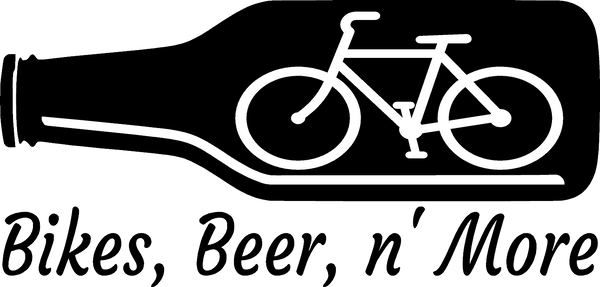(2.2) From Textiles to Hops
Poperinge’s Transformation to the Hop Capital of Belgium
Belgium’s global reputation as a beer-producing powerhouse owes much to its diverse agricultural landscape and the communities that adapted to meet the demands of brewing. Among these communities, Poperinge stands out for its remarkable economic transformation. Once a thriving center of textile production, Poperinge reinvented itself as the heart of Belgium’s hop-growing industry, cementing its legacy in the world of beer.
The Golden Age of Weaving
In the Middle Ages, Poperinge’s economy revolved around weaving and textile production. Its woolen cloth was highly sought after, and the town flourished as part of the broader Flanders textile network. The region’s proximity to trade routes and its skilled artisans made it a vital contributor to Europe’s booming textile trade. During this era, Poperinge shared in the wealth and prestige that defined Flanders as a center of commerce and craftsmanship.
Poperinge’s textile prominence, however, placed it in direct competition with the nearby city of Ieper (Ypres), another important center of weaving. Tensions grew between the two towns as they vied for dominance in the lucrative textile market. The rivalry reached a critical point during the reign of Count Louis I of Flanders, also known as Louis of Nevers. Ieper, being larger and politically more influential, leveraged its status to sway Count Louis in its favor. In a decisive and ultimately devastating move for Poperinge, Count Louis issued a royal decree prohibiting the town from continuing its textile production. This ruling, driven by Ieper’s strategic importance and the Count’s desire to maintain peace among his territories, effectively dismantled Poperinge’s textile industry. For the people of Poperinge, this decision marked the end of an era and forced them to seek new avenues for economic survival.
A Town in Transition
With its primary industry in decline and the royal decree eliminating its role in textiles, Poperinge was at a crossroads. The town’s residents faced the daunting task of rebuilding their economy and finding a new identity. The answer lay in the soil beneath their feet and the changing preferences of the Belgian people. Poperinge’s fertile lands and favorable climate made it an ideal location for agriculture. Among the crops suited to the region, one stood out: hops.
Hops, the flowering cones of the Humulus lupulus plant, are a key ingredient in beer production. They provide the bitterness that balances the sweetness of malt and act as a natural preservative. By the 14th and 15th centuries, hops were becoming an essential component of brewing in Belgium and beyond. Poperinge’s farmers recognized the potential of this crop and began to pivot toward its cultivation.
The Rise of Hops Production
Poperinge’s successful transition to hops production can be attributed to several factors. The region’s well-drained soil and moderate climate provided the perfect conditions for growing high-quality hops. Belgium’s burgeoning beer industry created a steady demand for hops, giving Poperinge’s farmers a reliable market for their crop. Just as Poperinge’s artisans had mastered the craft of weaving, its farmers quickly developed expertise in hop cultivation and processing. Local authorities recognized the importance of hops to the region’s economy and supported its production through trade policies and infrastructure development.
By the 19th century, Poperinge had firmly established itself as Belgium’s premier hop-growing region. The town became synonymous with high-quality hops, supplying breweries across the country and abroad.
Cultural and Economic Impact
Poperinge’s transition to hops production not only revitalized its economy but also reshaped its cultural identity. The town embraced its new role as the “Hop Capital” of Belgium, a title that continues to define it to this day. Hops cultivation brought prosperity, creating jobs and ensuring economic stability for the region.
This transformation also left an indelible mark on Belgium’s beer culture. The availability of quality hops from Poperinge enabled Belgian brewers to experiment with and perfect a wide range of beer styles, from the bitter ales of the Trappist monasteries to the fruity lambics of the Brussels region. Poperinge’s contribution to the beer industry became a point of pride, celebrated through annual hop festivals and tourist attractions such as hop farms and museums.
A Lasting Legacy
Today, Poperinge’s fields of trellised hops stand as a testament to the town’s resilience and adaptability. The shift from weaving to hops production illustrates the importance of innovation and diversification in the face of economic change. Poperinge’s story is not just a tale of survival but also a celebration of how agriculture can shape and sustain cultural traditions.
As the global demand for Belgian beer continues to grow, Poperinge’s hops remain an essential ingredient in the recipes that have made the nation’s beer world-renowned. From textiles to taps, Poperinge’s journey is a vivid chapter in the history of Belgium’s agricultural and brewing heritage.
